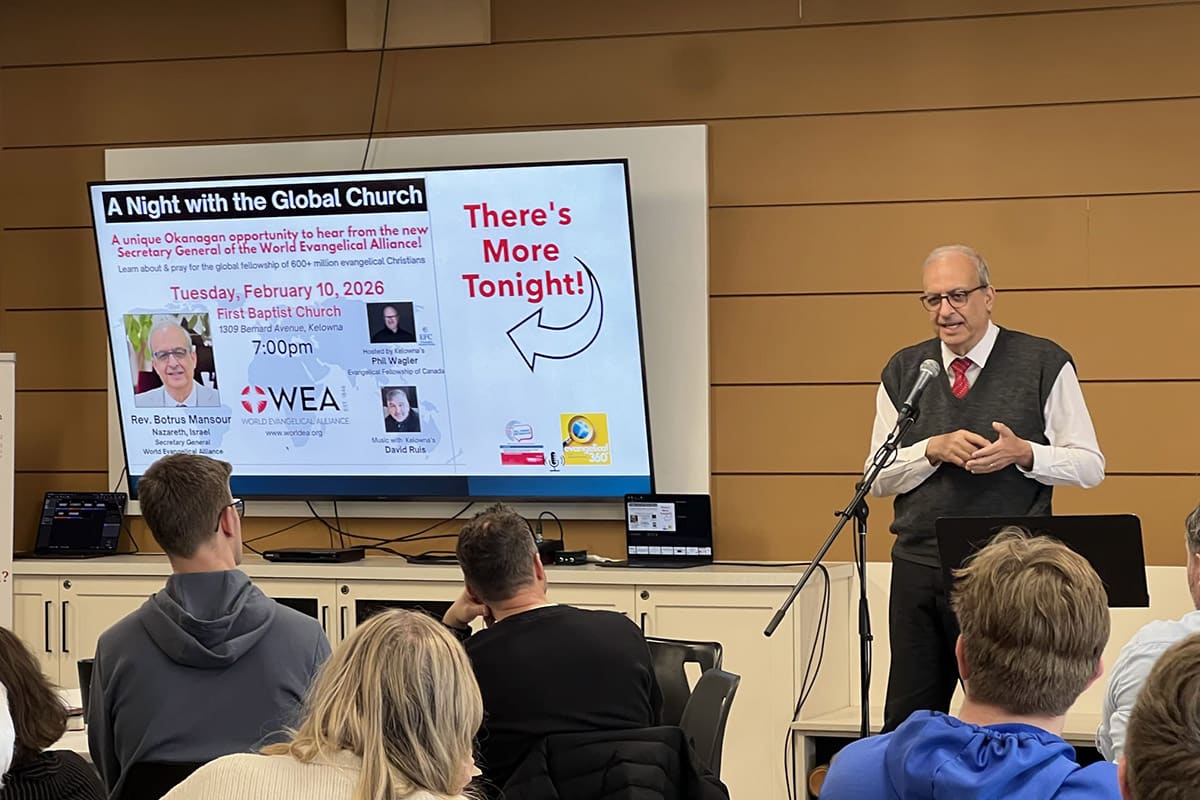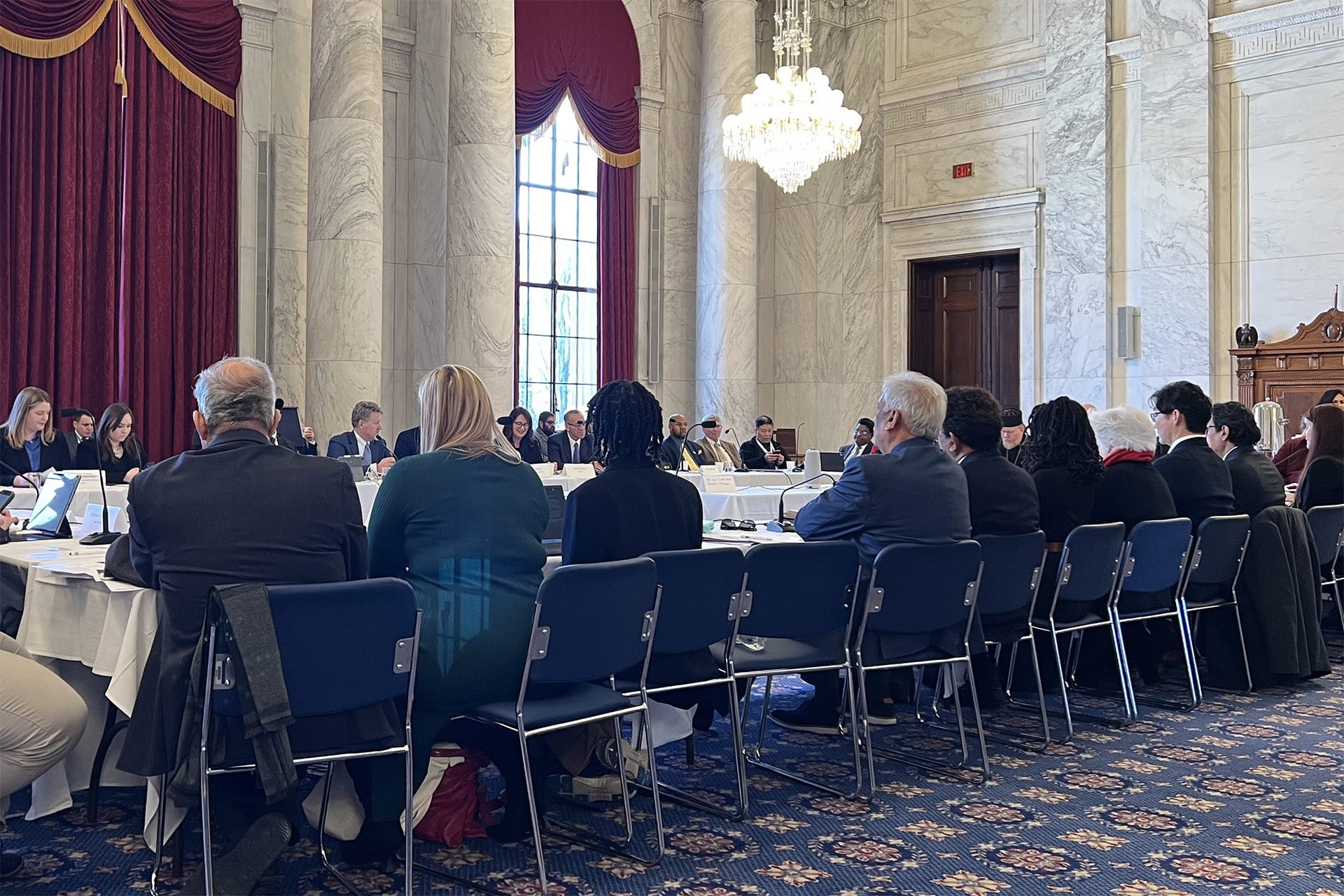Christians are the victims of hate in some places and the targets of hate speech laws in others. How can believers advocate for nations to address both threats in a consistent, principled way?
JANET EPP BUCKINGHAM
Hate speech is a thorny problem in many countries of the world. Nations such as Pakistan and Sri Lanka, for example, regularly demonstrate how it can be used to incite violence against Christian minorities. But even Western nations that highly value freedom of expression have experienced demonstrations on college campuses that have turned into physical attacks.
Furthermore, evangelicals have expressed grave concern about the misuse of hate speech laws to censor and punish reasonable expression of traditional Christian beliefs. Trials in Finland and proposed legislation in Canada, for example, threaten to criminalize the view that homosexuality is contrary to the will of God, even when limited to quoting Scripture.
Attacks against Christians vary in different parts of the world, and to protect against all of them requires a carefully nuanced, principled argument. Fortunately, United Nations documents provide good guidance. Unfortunately, many politicians find it easier to score points with heavy-handed national legislation.
What is hate speech?
Article 20 in the International Covenant on Civil and Political Rights (ICCPR), first proposed in 1966 and ratified by 173 nations, prohibits “any advocacy of national, racial, or religious hatred” that involves “incitement to discrimination, hostility or violence.” But in a careful attempt to balance Article 20 with freedom of speech, the 2012 Rabat Plan of Action permits restrictions on an exceptional basis and only when “narrowly defined” by law.
Taken together, it is clear that hate speech pertains to intense emotions of detestation or vilification, which create an imminent risk for persons belonging to these targeted groups. It does not, however, imply a demand for “safe spaces,” where people are protected from any expression that makes them uncomfortable.
Hate speech restrictions we should support
Many countries have laws prohibiting hate speech that meet the ICCPR requirement. First developed as an antidote to anti-Jewish rhetoric that preceded the Holocaust in Nazi Germany, properly crafted laws would assist suffering Christian minority communities around the world.
Last August in Pakistan, what started as a family conflict turned into a violent rampage when Muslims were incited to destroy churches and homes based on flimsy evidence that two men had defaced pages of the Quran. A similar attack happened again on May 25 of this year, and two Christians were reported killed. In the local context, it is not difficult to whip up such mobs, because there is an environment of regular hate speech directed against Christians.





Stay Connected